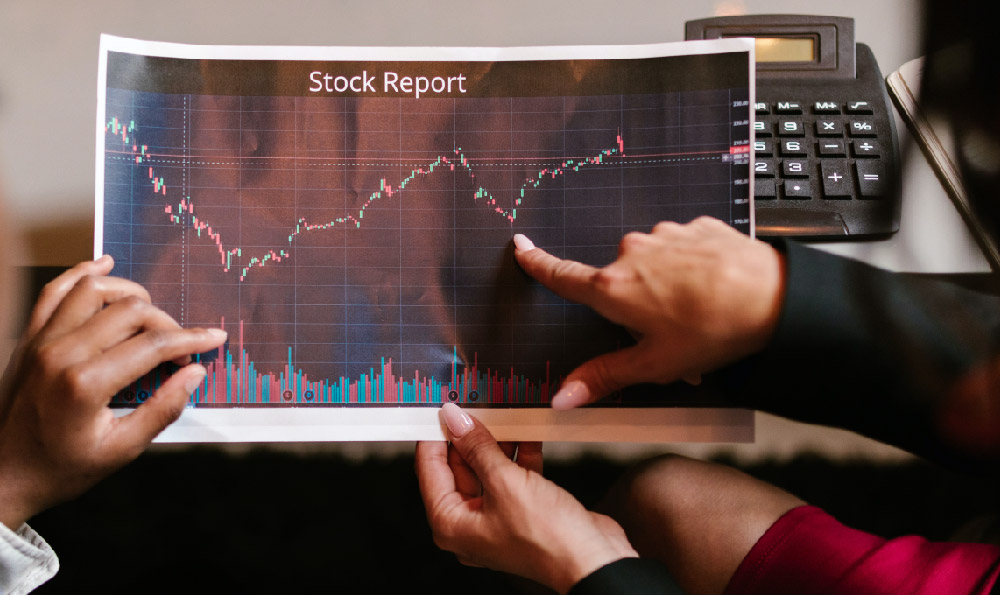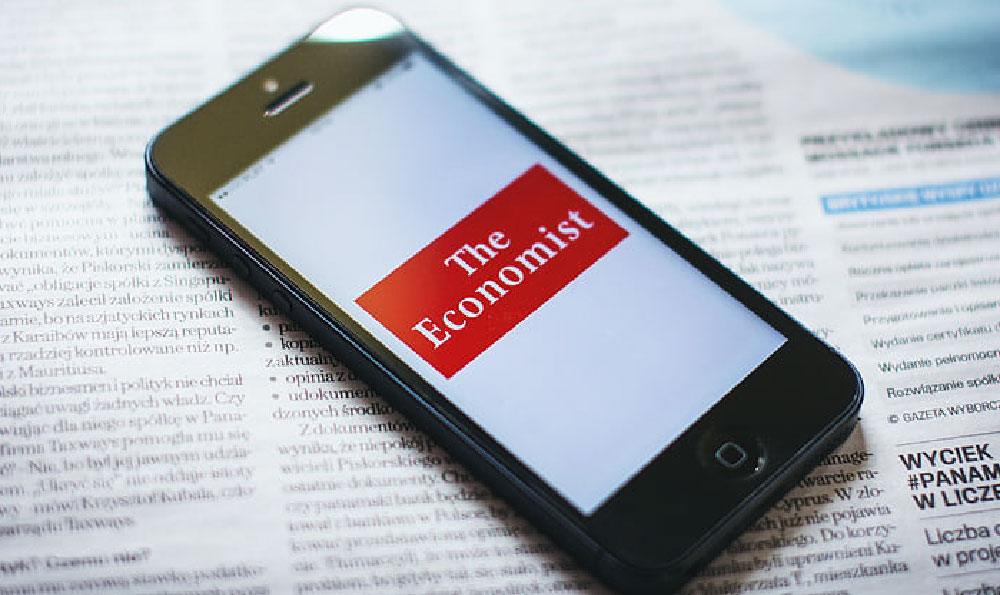The saga of Keith Gill, better known as Roaring Kitty or DeepFuckingValue, during the GameStop frenzy of 2021, continues to be a fascinating case study in the power of retail investors, the volatility of meme stocks, and the inherent risks associated with speculative trading. Determining whether Gill “won big” or “lost it all” is a multifaceted question that goes beyond simply looking at his initial investment and potential peak gains. It necessitates examining his motivations, his impact on the market, and the ethical considerations surrounding his actions.
On the surface, it’s tempting to declare Gill a winner. He reportedly turned a relatively small investment in GameStop into millions of dollars at the height of the surge. He ignited a movement, empowering a generation of retail investors and exposing vulnerabilities within the traditional financial system. He challenged the narrative that only institutional investors could profit from market inefficiencies and demonstrated the collective power of coordinated individual action. This narrative, fueled by social media and a shared frustration with the status quo, propelled GameStop’s stock price to astronomical levels. Gill became a folk hero, a symbol of the little guy taking on Wall Street.
However, a closer examination reveals a more nuanced and potentially less rosy picture. While he may have realized substantial profits at some point, the question remains: did he cash out at the absolute peak? The volatility of GameStop meant that fortunes could be made and lost within hours. Holding onto the stock as it plummeted would have undoubtedly eroded a significant portion of any accumulated gains. Furthermore, the precise details of his trades and holdings remain largely confidential, shrouded in privacy. Publicly available information only paints a partial picture. Therefore, declaring him a definite winner based solely on reported potential gains is premature and potentially misleading.

Beyond the financial aspect, consider the broader implications of his actions. While he claimed to simply be sharing his investment thesis, the undeniable effect was to encourage others to invest in a highly speculative stock. Many of these individuals likely lacked the financial sophistication to fully understand the risks involved. The subsequent collapse of GameStop’s stock price resulted in substantial losses for many retail investors, some of whom may have been directly influenced by Gill’s posts and videos. While he consistently stated that his opinions were not financial advice, the line between information and encouragement can be blurry, especially in the charged environment of social media-driven investment. This raises ethical questions about the responsibility of individuals who wield significant influence over market behavior, regardless of their intentions.
The legal scrutiny that followed further complicates the picture. Gill was called to testify before Congress to answer questions about his role in the GameStop saga. While he maintained that he acted independently and did not engage in any illegal activity, the investigation highlighted the regulatory challenges posed by social media-driven market manipulation and the need for clearer guidelines to protect retail investors. The potential for legal repercussions, even if ultimately unfounded, added another layer of complexity to his experience.
Moreover, the "win" isn't just about money. The immense pressure and public scrutiny Gill faced undoubtedly took a toll. Being thrust into the spotlight as the figurehead of a major financial movement came with significant personal costs. His online activity was dissected, his personal life scrutinized, and his motives questioned. This level of attention and the accompanying stress likely overshadowed any financial gains he may have achieved.
In the aftermath of the GameStop frenzy, several key lessons emerged. The importance of due diligence and independent research before investing in any stock, particularly those driven by hype and social media sentiment, cannot be overstated. The dangers of following the crowd and the necessity of understanding the underlying fundamentals of a company are paramount. Furthermore, the episode underscored the need for greater financial literacy among retail investors and the importance of responsible investing.
Ultimately, whether Keith Gill “won big” or “lost it all” is a subjective and incomplete assessment. While he may have initially profited from the GameStop surge, the long-term consequences of his actions, both personally and for the broader market, are far more complex. He may have been a catalyst for change, but that change came at a price, not only for him but also for many others who were caught up in the whirlwind of the meme stock phenomenon. The saga serves as a cautionary tale about the allure of quick riches, the perils of speculative trading, and the need for responsible investment practices. It's a reminder that even apparent victories can have hidden costs and that true success in investing lies not in fleeting gains but in sustainable, well-informed decisions. The story is still unfolding, and the true impact of Keith Gill's actions will likely be debated for years to come. He may have changed the game, but whether that change ultimately benefits the individual investor remains to be seen.












